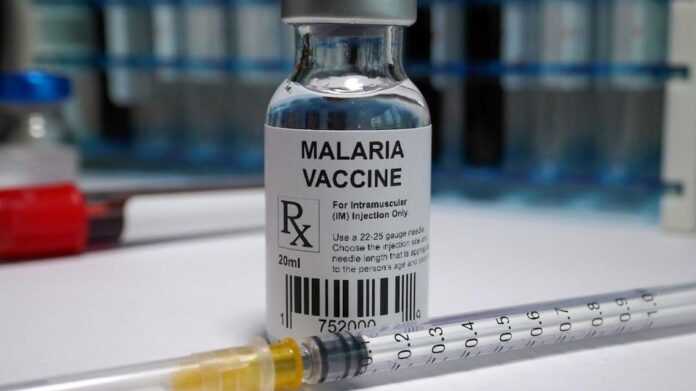The World Health Organization (WHO) has given its recommendation for the use of an affordable malaria vaccine developed by the University of Oxford, marking a significant step forward in the fight against this deadly disease. This vaccine, known as R21, is only the second malaria vaccine to be created and is designed for mass production.
Malaria has long been a devastating global health issue, primarily affecting babies and infants. It poses a significant threat to humanity, with millions of cases and deaths reported annually. The complexity of the malaria parasite, transmitted through mosquito bites, has made developing an effective vaccine challenging.
The development of the R21 vaccine is the result of over a century of scientific efforts. Unlike viruses, the malaria parasite constantly changes its form inside the human body, making natural immunity difficult to achieve and vaccine development even more so.
The WHO’s recommendation comes nearly two years after its support for the first malaria vaccine, RTS, developed by GSK. Both vaccines have shown similar levels of effectiveness, but the key distinction lies in production capacity. The University of Oxford’s R21 vaccine can be manufactured at scale, with the Serum Institute of India already committed to producing over 100 million doses annually and plans to increase production to 200 million doses per year. In contrast, there are only 18 million doses of RTS available.
The cost-effectiveness of the R21 vaccine is another notable advantage. Priced between $2 and $4 per dose, with four doses required per person, it is roughly half the cost of RTS. Both vaccines employ similar technologies and target the same stage of the malaria parasite’s lifecycle. However, R21 is easier to manufacture due to its lower dosage and simpler adjuvant, a chemical that stimulates the immune system.
Malaria remains a significant global health concern, with 247 million cases and 619,000 deaths reported in 2021, mainly among children under five years old. Over 95% of malaria cases occur in Africa. The availability of an affordable and easily produced vaccine like R21 is a critical step towards reducing the burden of this devastating disease.




















